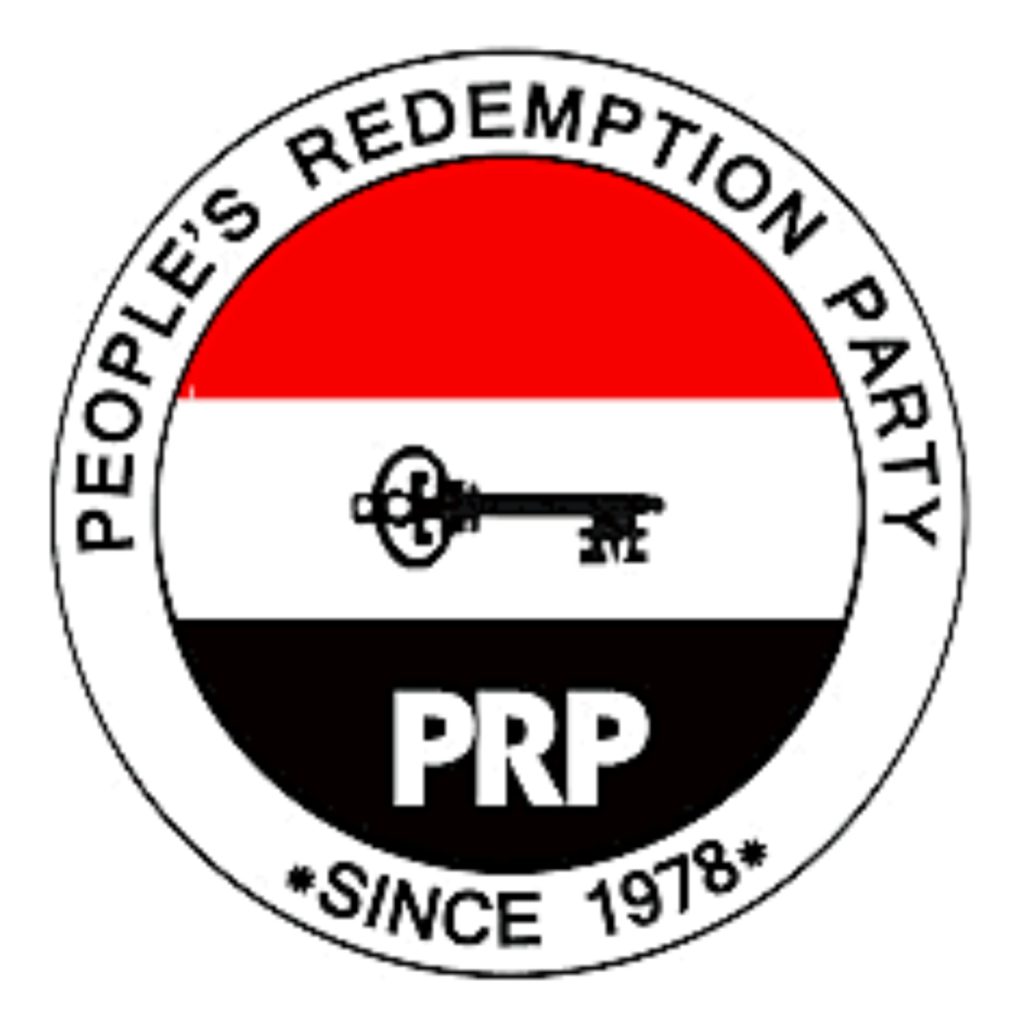Nigeria Union of Petroleum and Natural Gas Workers (NUPENG) and the management of Dangote Refinery have reaffirmed their commitment to the Memorandum of Understanding (MoU) signed on Tuesday. The latest development follows a meeting held on Friday at the headquarters of the Department of State Services (DSS) in Abuja, where appeals were made to all parties to maintain the status quo pending a two-week window.
The agreement was reached after NUPENG suspended its strike action, which was triggered by the company’s initial refusal to recognize workers’ union rights. The suspension followed a conciliation meeting convened by the Federal Ministry of Labour and Employment on Monday, September 8, 2025. The Minister of Finance, Wale Edun, and representatives of the Nigeria Labour Congress attended the meeting.
However, barely 48 hours after suspending its strike action, NUPENG threatened to down tools again, accusing the management of Dangote Refinery of breaching the agreement. The union claimed that the management had failed to recognize the rights of workers to unionize, prompting the threat of industrial action.
The MoU signed by both parties acknowledges the right of workers to unionize under extant labor laws. The agreement states that the process of unionization will begin immediately and be completed within two weeks, from September 9 to September 22, 2025. The employer has also agreed not to set up any other union, and no worker or employee of Dangote Refinery and Petrochemical will be victimized.
The memorandum was signed by representatives of the management, labor unions, and the Federal Ministry of Labour and Employment. The signatories include Sayyu Dantata, Managing Director of Dangote Group, and Akporeha Williams, President of NUPENG, among others.
The dispute between NUPENG and Dangote Refinery has raised concerns about a potential fuel scarcity, which could have far-reaching implications for businesses and consumers in Nigeria. The country’s economy is heavily reliant on petrol, and a scarcity of the product could lead to increased prices of goods and services. The commitment to the MoU is a significant step towards resolving the dispute and averting a potential crisis.



